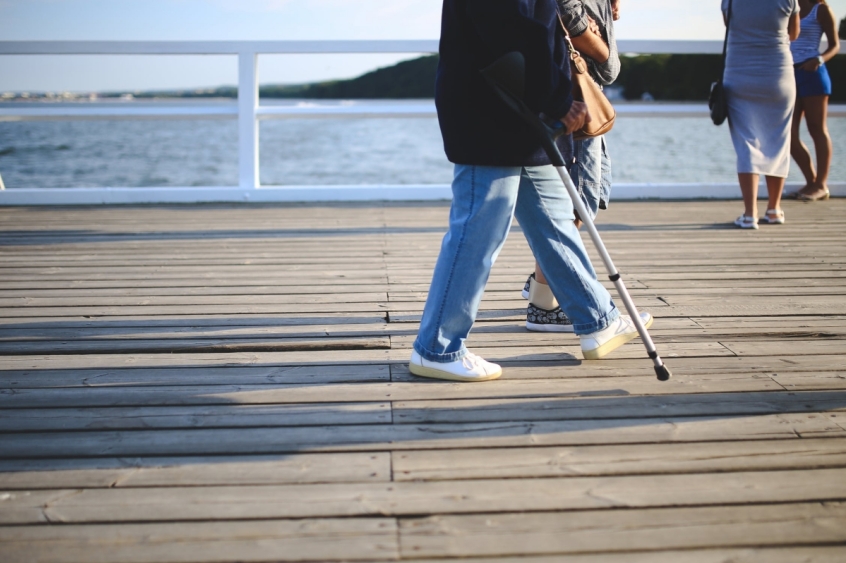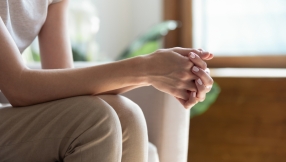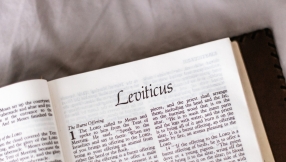
I'm in the vulnerable group for contracting the dreaded coronavirus. And being in full-time ministry means I'm having to weigh what I do very carefully – without looking like a panicking wuss!
In many ways, I'm fortunate. I rarely get paid for the work I do, so my finances won't suffer much when things I'm doing are cancelled by others. But for my colleagues, this could have a massive financial impact as event after event is cancelled without an offer of compensation for lost earnings.
But there are other things that are worrying me, too. It's not about me being shut in due to vulnerability (this introvert would cope fairly well with that). Or the fact that as a person who has bad reactions to infections, I can no longer buy what I actually need every day to remain infection free.
I am worried, however, at the selfish actions of others, meaning the most vulnerable people in our societies can no longer get basic necessities. While shopping today, I saw many older people who couldn't get a delivery slot and so had to come out to shop. Many had small shopping lists but could get barely anything on those lists. They were forced to buy the more expensive brands because the cheap ones had gone. I could say more.
But the church reactions have also been fascinating to watch.
In one area of the church, we have Bible-quoting pastors tweeting Hebrews 10:25, "And let us not give up meeting together," and using it as a reason why churches must still meet and 'not waste time on this online thing'. I disagree with them.
Then we have the 'close it all down' people, which is a reaction I understand. With so many vulnerable people in our churches because of age or illness, we need to care well. Many of these churches have opted for livestreaming elements of the service – which is great.
But think of this: did you know that there is an invisible church out there who couldn't go to church before Covid-19 was even in our vocabulary? They have been pleading with their church families to livestream their services and were told it was impossible, only to see churches all over the place now doing it because those who can normally go to church have had it temporarily taken away from them.
People in this invisible church have also pleaded for regular contact with their church families, and support with everyday things with no results. But now, we have churches setting up WhatsApp groups and email chains to support those in temporary confinement. Meal trains are being put in place and shopping fetched and delivered – all the things this invisible church have needed for years.
Now ponder how this must make them feel.
In a while I'm going to use the "D" word that usually stops many people from reading on. I dare you to keep reading – why wouldn't you? I'm about to speak about the most vulnerable in our societies. The Bible demands we care for them and not turn away! So read on.
What many normally healthy people are now experiencing and struggling with is the every day reality for thousands and thousands of people across our countries.
They have health conditions, illnesses, additional needs and disabilities. They can't come to our churches for many reasons.
Some are immuno-suppressed and can't come because people still insist on going to church when they have a streaming cold or bring their children with communicable diseases – because it's supposedly good for the other children to 'build up their immunity'. These people are normally invisible; take this experience of Covid-19 to understand their isolation.
Some have additional needs that mean noise, light and movement are a struggle. Some make a noise either due to excitement or overload and get tutted at. Many of these families are asked to leave, or they leave because they can't cope, and are never followed up to ask why. They are normally invisible; take this experience of Covid-19 to understand their isolation.
Some have physical disabilities that make access difficult or the attitudes of others towards them humiliating. They are normally invisible; take this experience of Covid-19 to understand their isolation.
Some have chronic illnesses that cause pain, exhaustion, dizzyness and many other things. Going to church would mean being so exhausted they can't do anything else for days. They are normally invisible too; take this experience of Covid-19 to understand their isolation.
In this temporary time of isolation for many, remember that if some churches had listened to the needs of so many sick and disabled people in the past, getting everything in place for a season of social isolation would have been smoother and faster and, in most instances, already in place.
And I plead with you – when this is over, keep it going. It will still be needed for all those whose time of isolation is never over.
Kay Morgan-Gurr is Chair of Children Matter and Co-Founder of the Additional Needs Alliance, part of the Evangelical Alliance Council. For more, www.kaymorgangurr.com and on Twitter @kaymorgan_gurr









